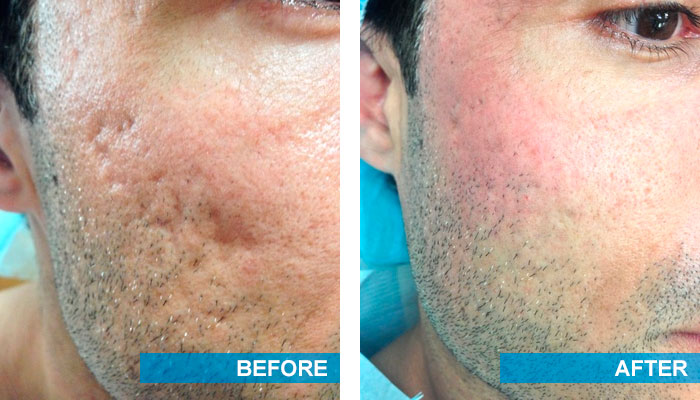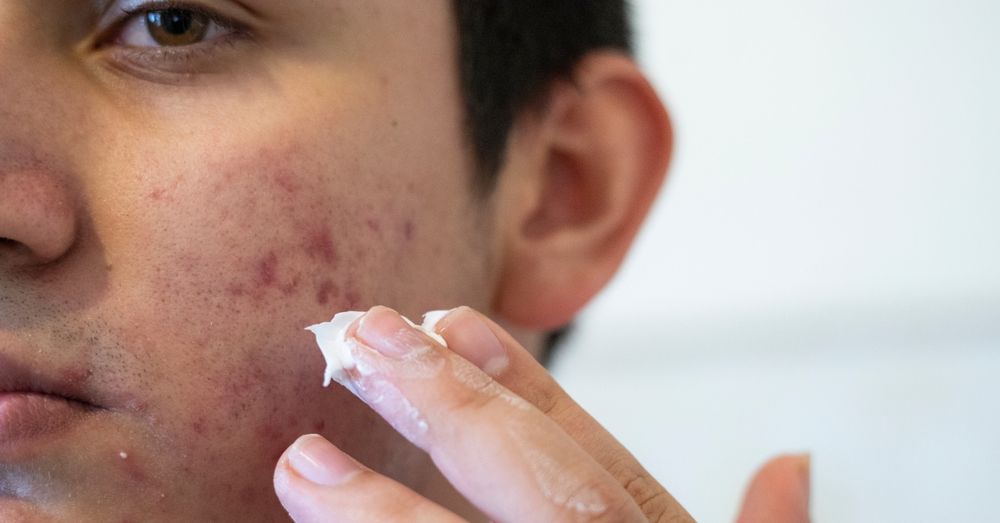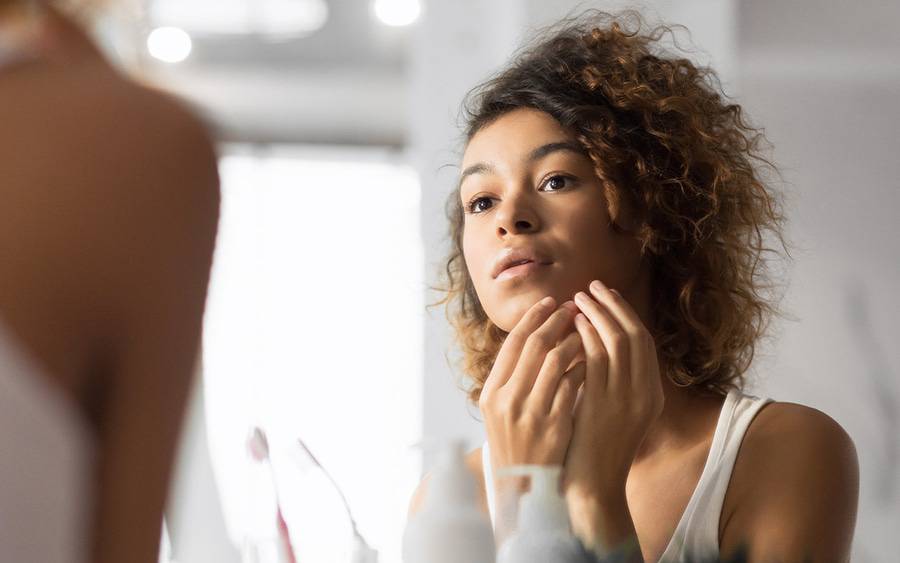The Impact of Skin Problem on Self-confidence: Effective Techniques for Treating Acne Scars
Skin disease, particularly acne, can profoundly influence an individual's self-confidence, typically developing barriers to social communications and individual expression. Acne marks serve as a sticking around tip of past battles, leading many to seek reliable therapy options. While topical solutions and progressed dermatological strategies existing feasible pathways for enhancement, the interaction between therapy and psychological health warrants better exploration. Comprehending how these methods can promote confidence might disclose essential insights into holistic care techniques that encourage individuals to accept their skin and enhance their total high quality of life.
Emotional Effects of Acne
Acne, a prevalent skin disease influencing millions worldwide, can have extensive mental impacts on individuals. The visible nature of acne typically leads to significant emotional distress, including sensations of embarrassment, reduced self-esteem, and social withdrawal. Many people with acne might experience stress and anxiety, particularly in social circumstances, where they are afraid judgment or adverse perceptions based on their skin disease.
Research suggests that the mental effect of acne can be as debilitating as the physical symptoms, adding to clinical depression and body dysmorphic disorders in some cases - acne treatment for sensitive skin. Teens, who are typically more delicate to peer opinions, might be particularly at risk, leading to harmful impacts on their social communications and academic performance
Additionally, the preconception linked with acne can aggravate feelings of isolation, as people may regard themselves as much less socially appropriate or appealing. This psychological problem can hinder individual relationships and general lifestyle. Therefore, it is vital for health care carriers to address both the mental and physical facets of acne, using detailed assistance that consists of counseling and educational resources to aid individuals manage their condition successfully.
Comprehending Acne Scars
Dealing with the aftermath of acne commonly entails confronting the scars it leaves, which can be a considerable resource of disappointment and psychological distress for numerous individuals. Acne marks can manifest in various types, mostly classified right into atrophic, hypertrophic, and keloid marks. Atrophic marks are characterized by a loss of cells, resulting in clinical depressions in the skin, while hypertrophic scars include increased tissue that establishes in action to swelling. Keloid marks, a much more severe form, prolong beyond the original website of injury, providing a special obstacle for therapy.
Skin type and genetics also play important roles in mark growth. Recognizing the organic devices behind scar formation aids in dealing with the psychological consequences, as people might regard their marks as long-term markers of a past struggle.

Topical Therapy Alternatives
While various treatment strategies exist for attending to acne marks, topical options are commonly the very first line of protection for individuals seeking to improve their skin's appearance. These treatments can be reliable in lowering the presence of marks and advertising total skin health.
Common topical representatives include retinoids, which improve cell turn over and encourage the regeneration of skin cells, consequently enhancing appearance and tone. Furthermore, alpha hydroxy acids (AHAs) and beta hydroxy acids (BHAs) scrub the skin, eliminating dead skin cells and promoting a smoother surface area.
An additional preferred choice is vitamin C lotions, understood for their antioxidant anchor homes and capability to brighten skin, which can aid diminish the appearance of hyperpigmentation related to acne marks. Hyaluronic acid is also useful; it hydrates the skin and can plump areas influenced by scarring.
Non-prescription products Find Out More containing active ingredients like niacinamide and licorice extract might additionally help in reducing swelling and staining. It is crucial for individuals to talk to a skin specialist to identify the most ideal topical therapies customized to their special skin type and scar attributes, making the most of the capacity for reliable outcomes.
Advanced Dermatological Procedures
For individuals looking for extra substantial and prompt enhancement in the look of acne marks, advanced skin-related procedures provide a variety of efficient choices. These treatments are designed to target much deeper skin layers, fostering considerable skin regeneration and improvement.
One preferred strategy is laser therapy, which uses focused light to resurface the skin and decrease the look of scars. Fractional laser treatments, particularly, are efficient as they promote recovery while targeting specific locations, minimizing downtime. Chemical peels off, which entail the application of acidic options, can likewise be beneficial by exfoliating the skin and advertising new cell growth.
Microneedling is another ingenious choice, involving making use of fine needles to develop micro-injuries that promote collagen production. This treatment improves skin structure and reduces the exposure of scars gradually (acne treatment for sensitive skin). In addition, dermal fillers may be used to raise clinically depressed scars, offering prompt volume and smoothing the skin's surface
These advanced treatments must always be performed by certified skin specialists, that can customize treatments to private skin kinds and mark qualities, guaranteeing optimal outcomes and decreasing threats. Similar to any kind of clinical intervention, comprehensive examination and consideration of potential negative effects are necessary.
Building Self-confidence Via Treatment

Developing a tailored skin care regimen that includes both professional interventions and topical therapies is important. Regular cleansing, peeling, and moisturization can help keep healthy and balanced skin, while treatments such as see page chemical peels or laser treatment might supply extra significant outcomes. Beyond physical therapies, embracing an alternative strategy that incorporates healthy and balanced way of life selections-- such as balanced nourishment, hydration, and anxiety administration-- can further improve skin health and wellness and confidence.
Furthermore, support from skin-related experts can empower individuals to browse their treatment choices efficiently. Sharing experiences with others encountering similar challenges can promote a sense of neighborhood and strength. Inevitably, building self-confidence through treatment includes a complex approach that focuses on both skin health and psychological support, bring about a restored sense of self-regard and individual satisfaction.
Final Thought
Acne and its resultant marks can greatly impact a person's self-esteem and social communications. Inevitably, resolving both the mental and physical facets of acne scars is necessary for cultivating confidence and health.
